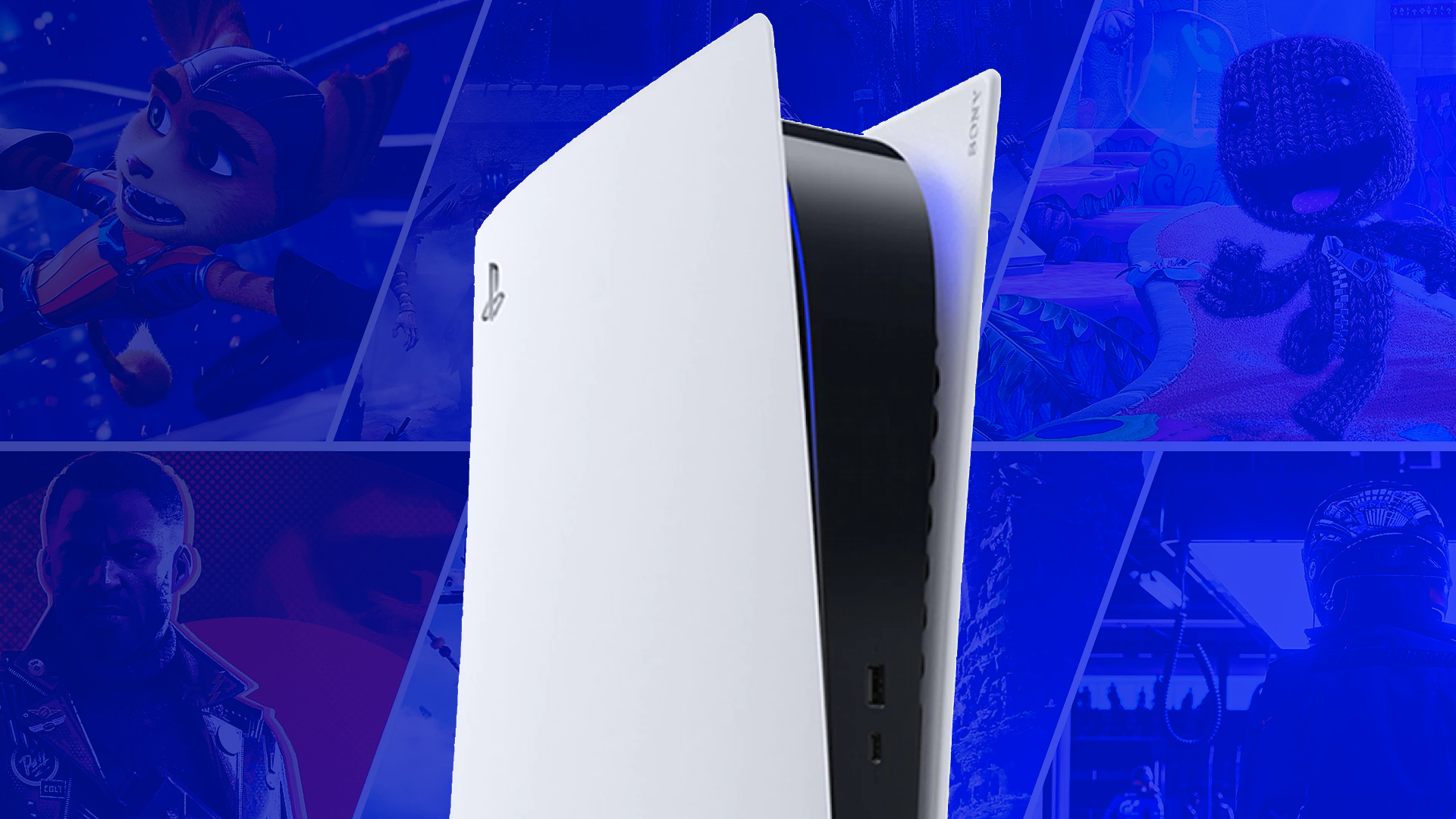
Sign up for breaking news, reviews, opinion, top tech deals, and more.
You are now subscribed
Your newsletter sign-up was successful
As much as I’ve been enjoying the PS5 since its 2020 launch, I have to say that I think the future’s looking bleak for Sony’s flagship console.
It’s hard to deny the PS5 has blazed a trail throughout the current console generation. It’s housed some of my favorite games this decade including Returnal, Astro’s Playroom and the Demon’s Souls remake.
But in the wake of the PS5’s unfortunate price hike, my enthusiasm for the console’s future has waned. Between overpriced upcoming peripherals like PSVR 2 and the DualSense Edge to severely undercooked services in PS Plus and PlayStation Stars, Sony continues to fumble the bag with every announcement. At least for me. And with recent news that Sony’s continuing its foray into NFTs, I’m unable to fathom the slightest bit of excitement for the PS5 now.
Sure, 2023’s looking bright if you’re in it for the games. Final Fantasy 16, Spider-Man 2 and the Silent Hill 2 remake headline a strong set of exclusives, and I’m sure Sony’s ultra-talented first-party studios have more up their sleeves. But for anyone yet to buy into the PS5 ecosystem, astronomically high prices for both hardware and software make it a tougher sell than ever before.
The high cost of a PS5
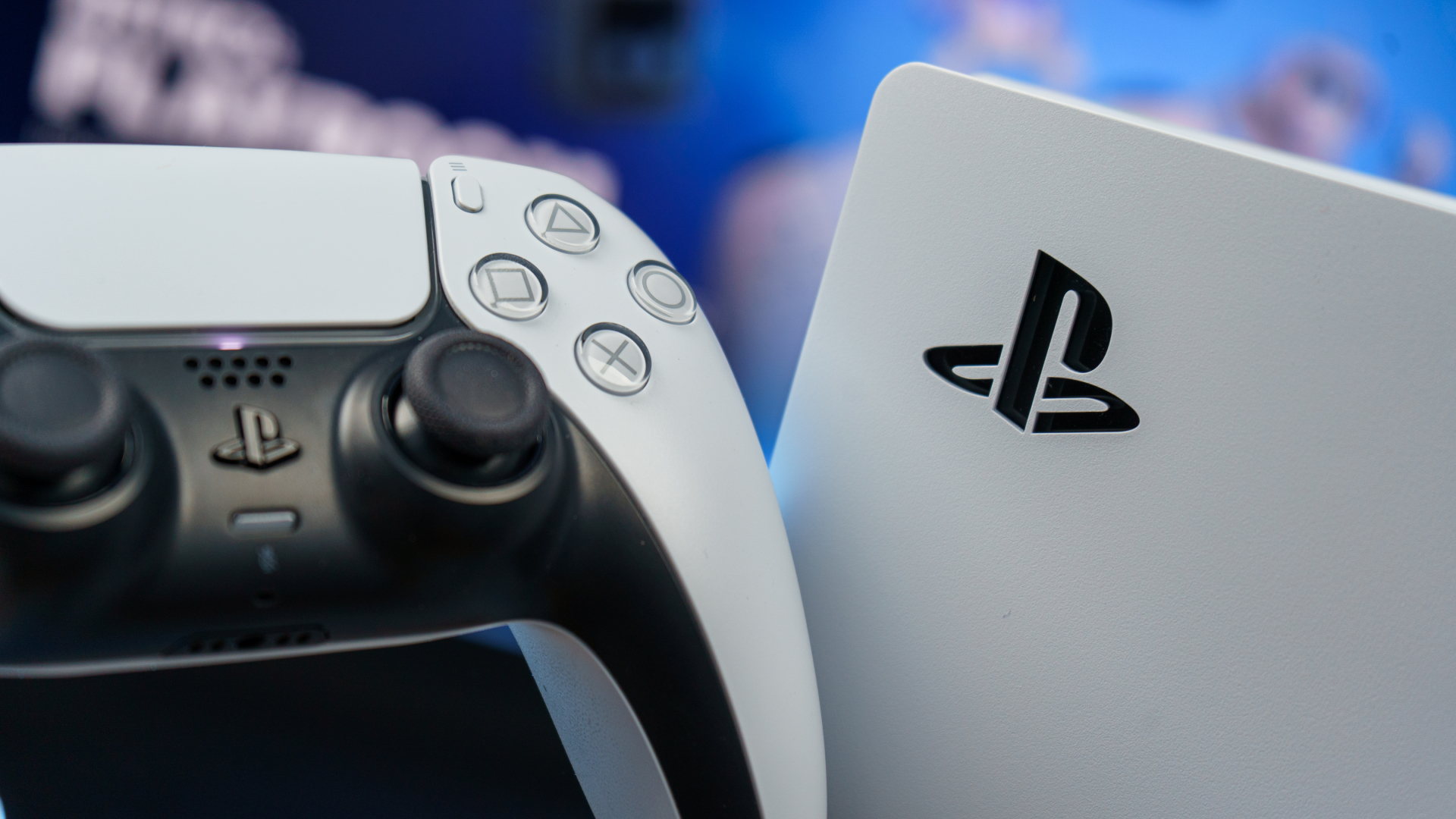
Let’s start with the console itself. Since the price increase earlier this year, the PS5 retails for $499.99 / £479.99 / AU$799.95. No change in the US, then (yet), but it’s been pushed slightly more out of reach for plenty of potential buyers the world over.
Now, the PS5 Digital Edition is an easier sell at $399.99 / £389.99 / AU$649.95, but only if you’re willing to forgo the disc drive. And there’s every chance that lower price point could be phased out if rumors of the next PS5 revision turn out to be true.
As with any console, though, the investment doesn’t stop there. First and third-party AAA games on PS5 typically cost $70 / £70 / AU$109 brand new. That means that many of the best PS5 games like God of War Ragnarok and Horizon Forbidden West could be out of reach for buyers on a stricter budget.
Sign up for breaking news, reviews, opinion, top tech deals, and more.
Granted, the high cost of games isn’t exclusive to PS5. Brand new games on Xbox Series X|S typically match Sony on price. Sony is, however, leading the charge on grossly overpriced peripherals.
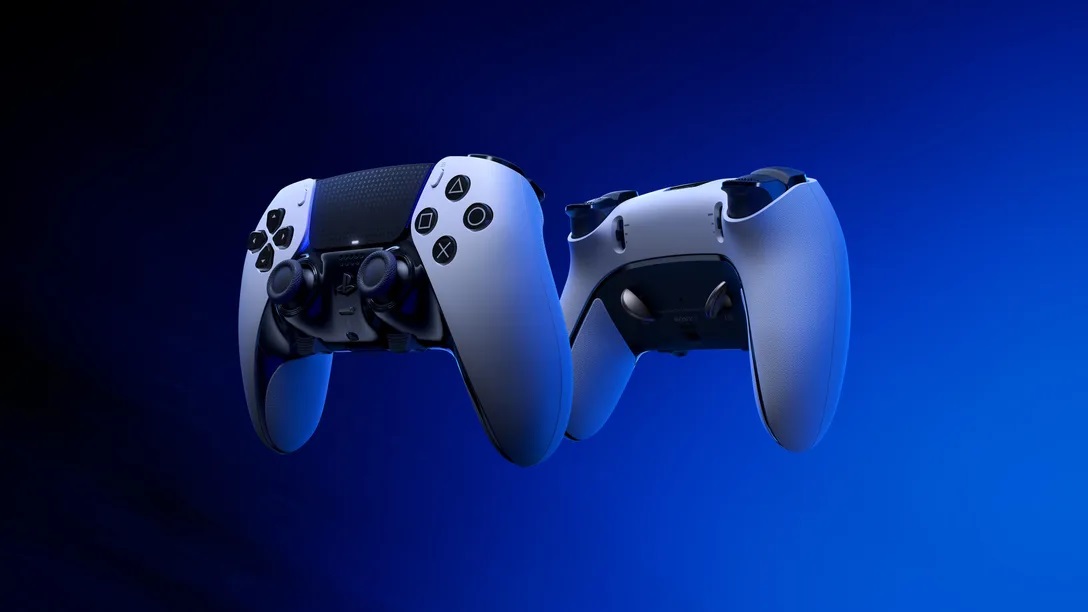
The DualSense Edge, the manufacturer’s debut ‘Pro’ controller, will launch at $199.99 / £209.99 in January 2023. Now, obviously the Edge isn’t required to fully enjoy games on PS5, but the point is that the pad looks to have only marginal improvements over the base DualSense, namely a couple of back paddle buttons and customizable profiles.
The controller’s adaptive triggers or haptic feedback don’t seem to have any improvements, and there’s still concerningly little info on the Edge’s battery life. Given the DualSense’s retail price of $69.99 / £59.99 / AU$109.95, you’re paying a lot extra for the Edge for relatively little in return.
That also goes for PSVR 2, which looks to be an even worse offender. At $549.99 / £529.99 (around AU$858), it costs even more than the PS5 itself. Regardless of the headset’s quality, that’s a bad look no matter how you slice it.
Again, PSVR 2 won’t make or break your PS5 experience, but its high cost, as well as that of other peripherals and games, does set the precedent that it’s an exclusionary console; its best and most valuable products only available to those with enough disposable income and who’re willing to track PS5 restocks.
PS Minus
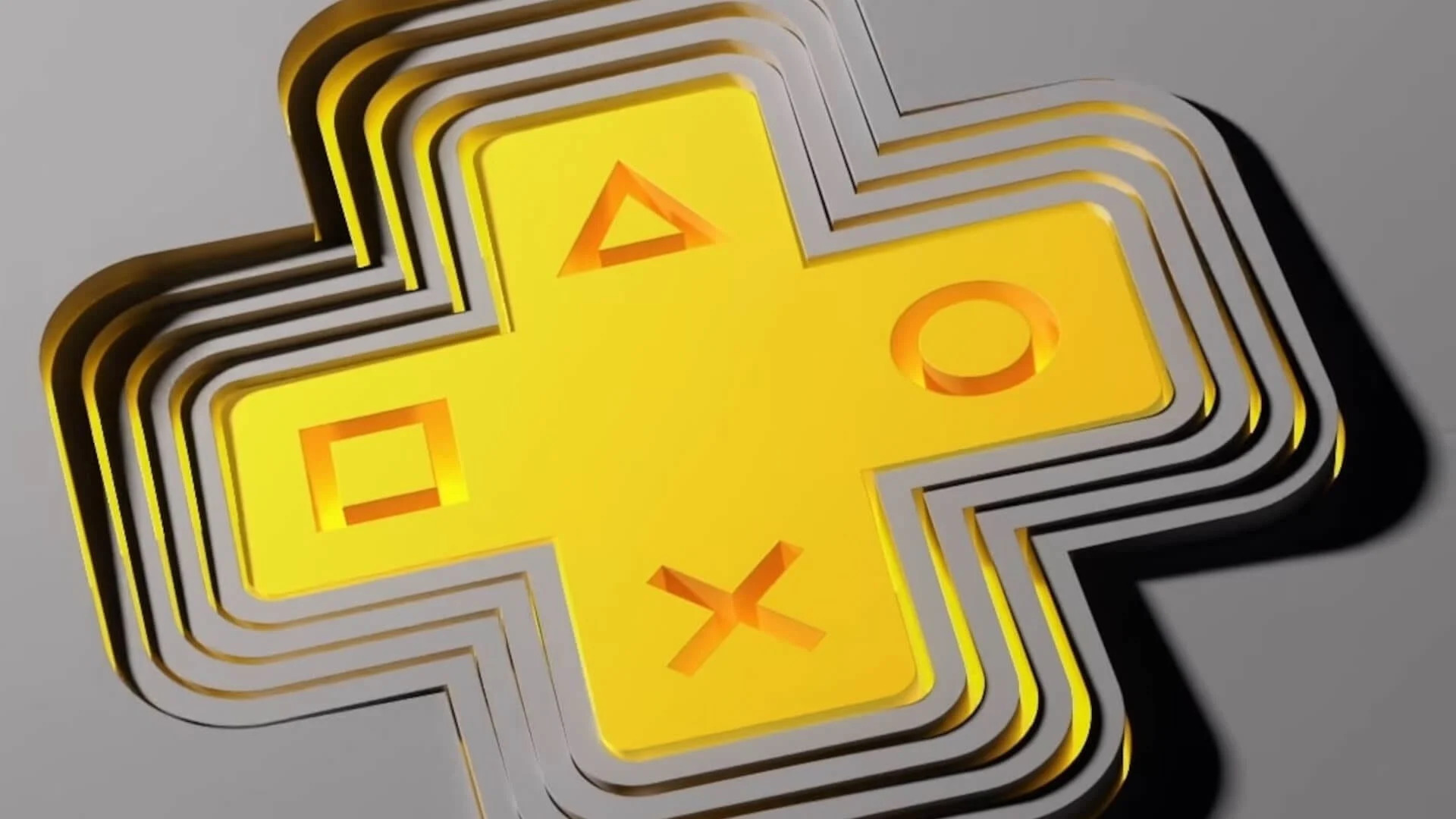
Things don’t get much better when looking at Sony’s proprietary subscription service: PS Plus. Since the service’s revamp, it’s been split into three tiers, with the higher two taking on an Xbox Game Pass-esque approach. Sounds great, right? And yes, PS Plus does have its perks.
The problem, once again, comes down to the pricing. You can only access everything PS Plus has to offer with the Premium tier subscription. That’s $17.99 / £13.49 a month, and adds the old PS Now service’s library of streamable PS3 games, as well as a handful of PS2, PS1 and PSP titles.
The problem here is that emulation is pretty poor across the board, and PS1 game implementation feels rushed. When I tried it for myself, I witnessed very noticeable ghosting when moving the camera in some games. Worse still, in Europe, several titles are locked to their 50Hz PAL version, with no option to play the higher refresh rate NTSC versions.
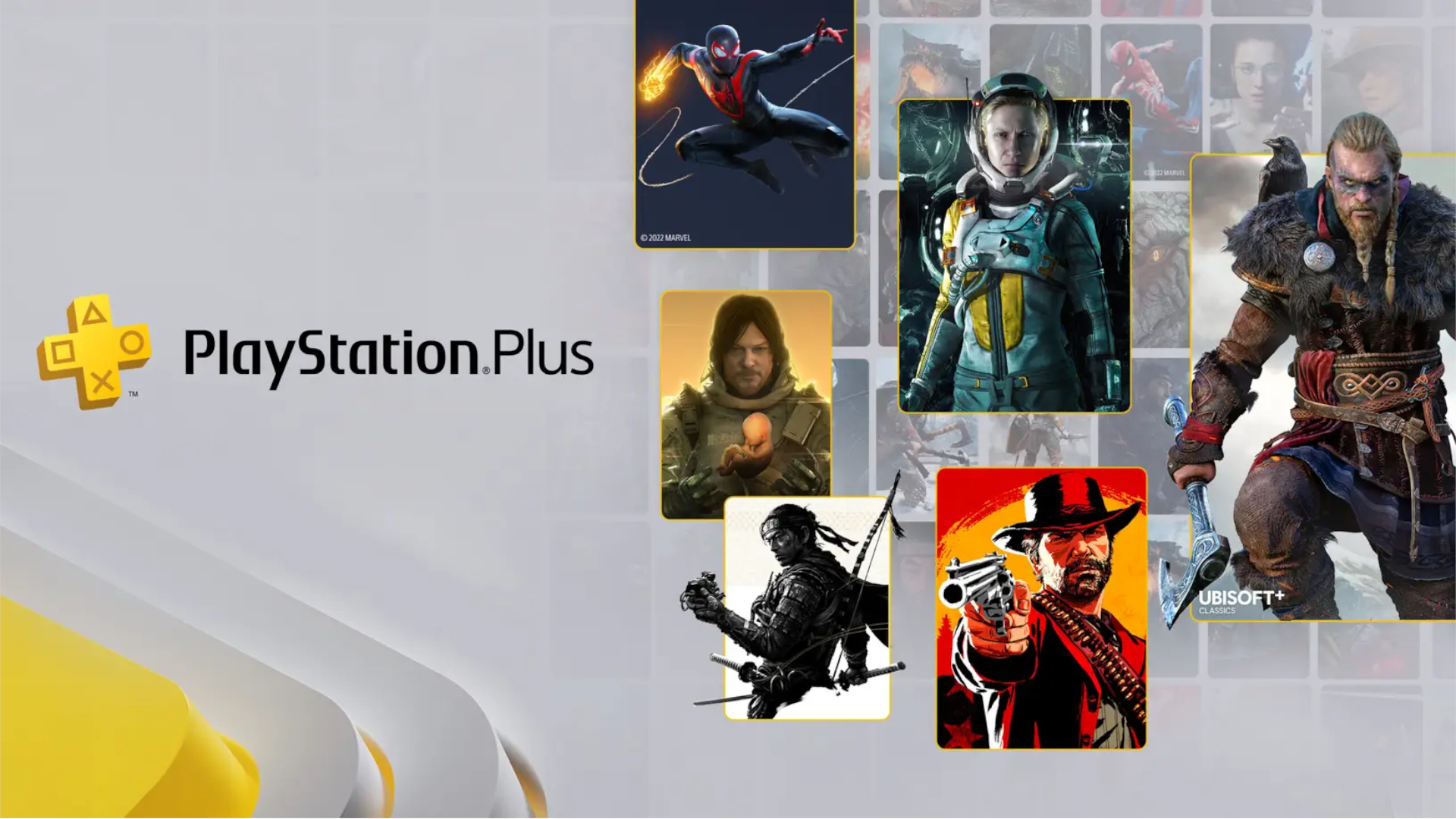
It’s not impossible to get your money’s worth with PS Plus, but its revamp smacks of a product rushed out to compete with Microsoft’s cost-effective Xbox Game Pass. The same can be said of the woeful PlayStation Stars, Sony’s absurd rewards scheme earns players store credit and digital collectible figures for buying games and unlocking Trophies.
The problem? The credit to money spending ratio is horrendously weighted in Sony’s favor, netting you 4% of the cost of a game in store credit. As Kotaku points out, that’s just $2.80 back when you buy a full-price game. By comparison, the My Nintendo rewards program on Nintendo Switch offers 5% back on every digital game purchase. That doesn’t sound like much of a difference, but it adds up. And given that the best Nintendo Switch games are typically cheaper than on competing platforms, your reward points go much further.
But at least PlayStation Stars isn’t pushing NFTs, as was the initial worry, right? Well don’t rest easy just yet, as it’s been reported that Sony is continuing its push for NFTs (thanks, VGC) on PS5. If the console’s high prices across the board already didn’t make it feel exclusionary, then official support for NFTs will certainly push that feeling over the edge.

Rhys is TRG's Hardware Editor, and has been part of the TechRadar team for over four years. Particularly passionate about high-quality third-party controllers and headsets, Rhys strives to provide easy-to-read, informative coverage on gaming hardware of all kinds. As for the games themselves, Rhys is especially keen on fighting and racing games, as well as soulslikes and RPGs.